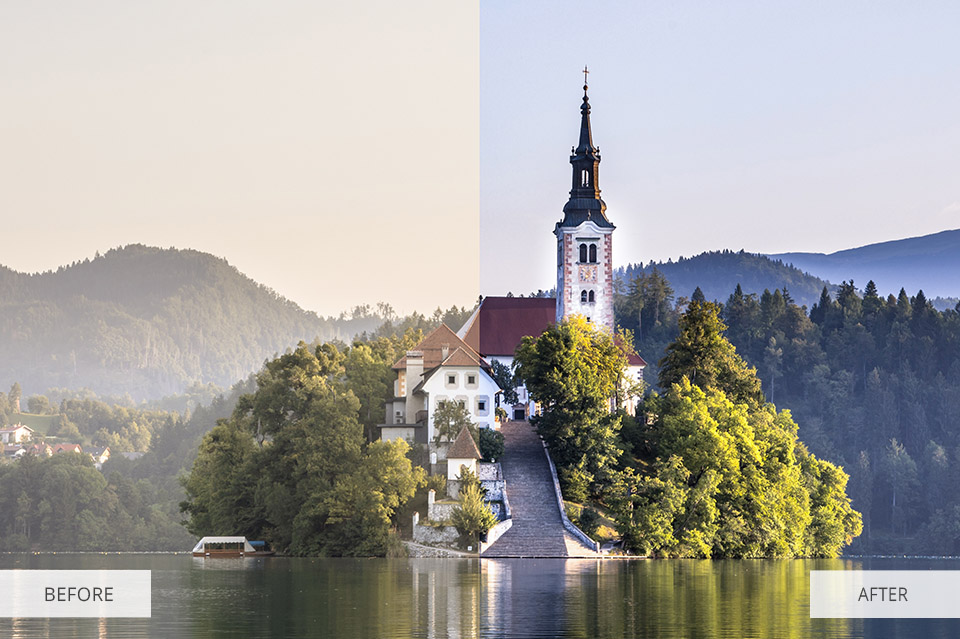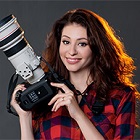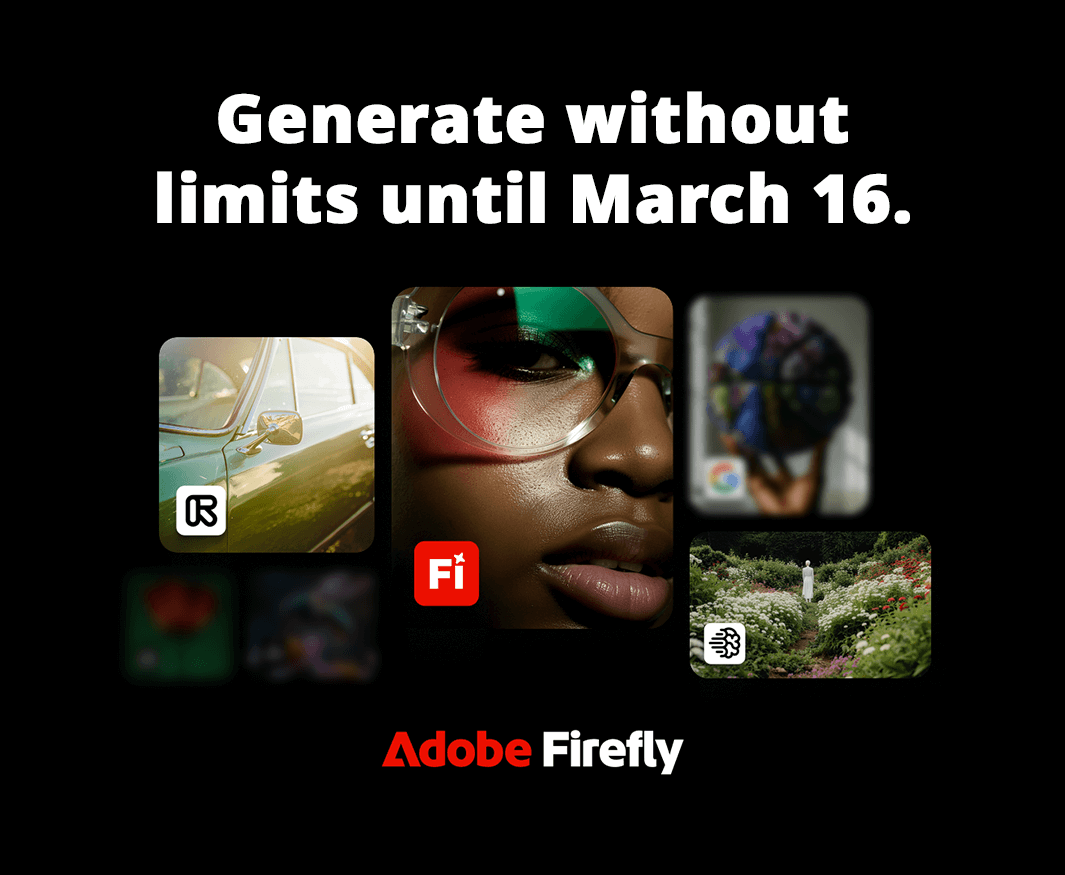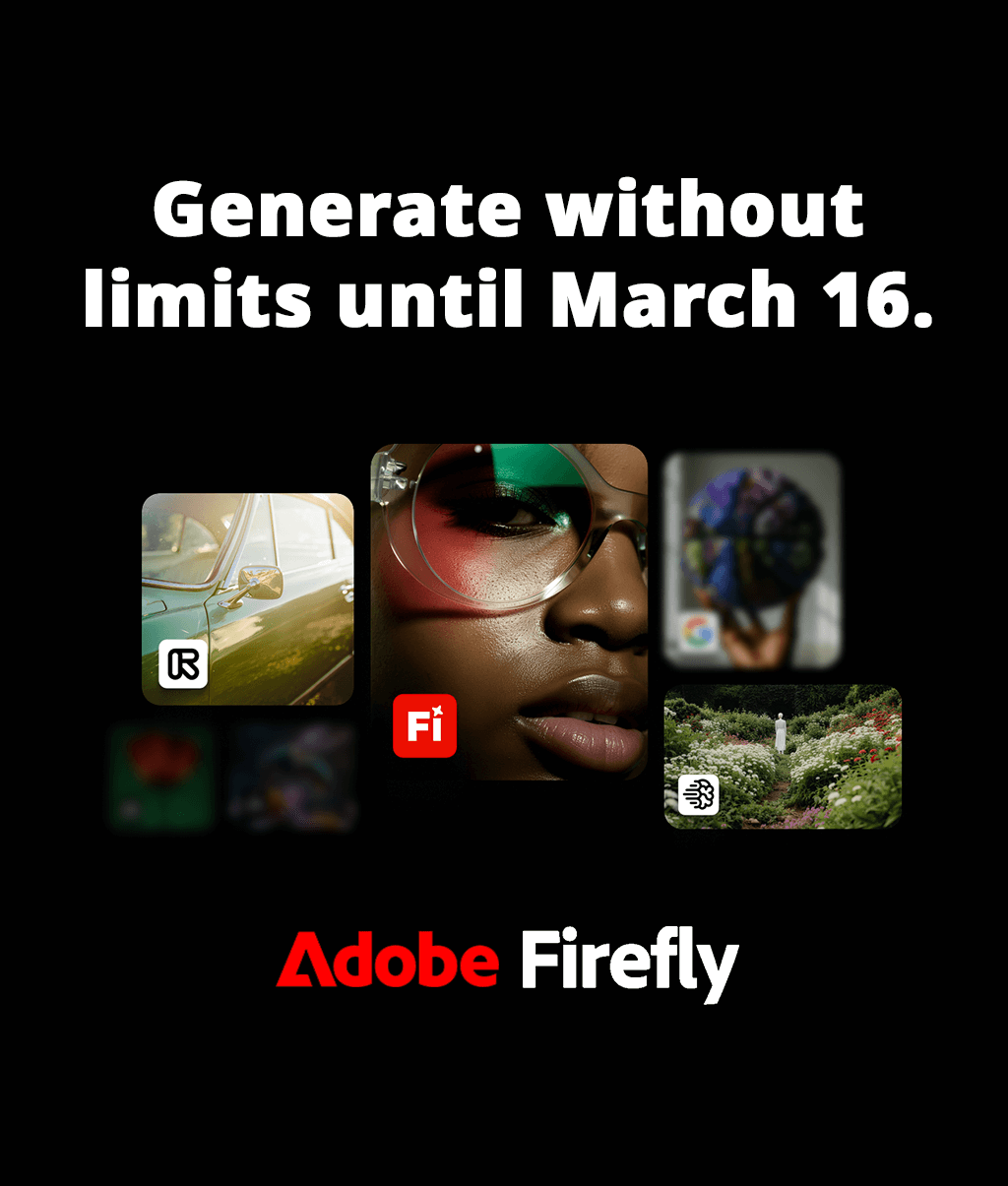Raw File: How To Open And Convert
 AW file is a file format, which contains all the information from the camera matrix. In fact, RAW is a general name. Depending on the camera manufacturer, photos may have .NEF, .CR2, .ARW extension and others. RAW format photographs help you get the final image without losing dark and light areas of a certain frame.
AW file is a file format, which contains all the information from the camera matrix. In fact, RAW is a general name. Depending on the camera manufacturer, photos may have .NEF, .CR2, .ARW extension and others. RAW format photographs help you get the final image without losing dark and light areas of a certain frame.
What Is RAW File?
RAW image formats are called "digital negatives." According to RAW format definition, these file extensions can be formed as multiple versions of the same shot. At the same time, while editing RAW images, you can change almost all the parameters. The exceptions are only those that cannot be corrected, for example, a strong exposure error. RAW allows you to fix shooting mistakes during conversion, without damaging the technical quality of the photo.
The main feature of this file format is the ability to store images separately from additional editing parameters, such as exposure compensation data and white balance, as well as saturation, sharpness or brightness, contrast. Files of this format, as well as other data obtained in the form of other image formats, are downloaded to the memory card. RAW file format can be converted to more common formats, for example, JPEG, TIFF.
- Find out what the highest quality photo format for storing and editing photos is.
How to Open a RAW File?
RAW is an unprocessed image format. Therefore, for further work, it is converted into more convenient JPEG or TIFF formats using special programs – RAW converters.
Professional Software to Open a RAW File
Adobe Lightroom. If you are just starting out to work with RAW, I recommend using Lightroom. This is a simple and convenient converter. Even a beginner can easily understand everything. Besides, you can find a lot of useful lessons. It is possible to edit a bunch of photos in one package and with one preset.
- Find out interesting details about the Lrcat File.
ON1 Photo RAW. This software is an excellent choice if you need a universal set of tools and functions for various photo editing purposes. The program contains many unique functions such as filters, masks, layers, cloud storage, the Resize module and the ability to edit your .RAW file on several computers. You can combine them with the tools of other photo editors and get impressive results. The price is another plus.
- Check out information about the PSD file.
Capture ONE Pro. It allows you to customize the entire process of working with RAW files. You can choose your settings for almost all Capture One tools. They will be automatically applied to the shots from cameras of a certain model. You can convert RAW to several formats at the same time. In Capture One, you can see how your image will look after conversion with full-size simulation.
Free Software to Open a RAW File
RawTherapee. It has a simple interface with a bunch of tools. You can add multiple RAW images and then edit any of them. You can set the exposure level, brightness, contrast, saturation, reduce the noise level in the image, as well as view EXIF information. After editing, a photo is saved in TIFF, PNG or JPEG.
- Learn more about different file formats by checking out information on GIF file.
Darktable. In general, this is decent software for working with the RAW file format. You can notice various creative effects and manage a huge library of pictures.
Open a RAW File Online
Polarr. This is a multi-platform, professional photo editor with advanced features for Mac and iOS. The simple and intuitive design of this program attracts many photographers. You can easily find the filters on the left side while the tools for work with colors and tones are located on the right. It may resemble Lightroom a bit, but the program has its own unique features.
Photopea. It is designed to solve simple tasks, such as resizing images, and complex ones - creating web pages, illustrations, and editing photos. When editing your pictures, you can work offline.
- Learn more about different file formats like PNG file.
How to Convert a RAW?
XnView. The developers of this free application claim that it supports more than 500 different multimedia file formats. Its additional advantages are color correction, cropping, red-eye removal, changing resolution, etc. To use the program for commercial purposes, you need to purchase a license.
IrfanView. This free program is the most popular option among analogs. In addition to supporting a huge number of formats, including RAW files and basic editing functions, IrfanView also works with various plug-ins, which can significantly expand the functionality of the application.
- Get more information about the EPS file.
RAW File: FAQ
- Why do I need RAW format shooting?
The RAW file format contains a large amount of data, which allows programs to make major changes without affecting the original image quality. You can easily adjust the exposure or white balance without adding noise and compression artifacts.
- Do I need to shoot only in RAW format?
If you don’t plan to perform deep photo editing, then shooting in RAW isn’t compulsory. The JPG format is enough for taking ordinary photos for a home album or for social networks.
However, when shooting in poor conditions, the RAW format will provide more options for correcting shadows, overexposures, white balance, and contrast.
- Why does a RAW image look juicy on the camera and is gray and faded on the computer?
A .RAW file is a cast from a matrix that hasn’t undergone any processing inside the camera. On the camera screen, you see a JPG version of the captured RAW file. The camera will save the image to SD in the format specified in the camera settings.
- What is better RAW or JPG?
If JPEG quality suits you, and further deep image processing is not planned, then you can safely shoot in JPEG. If you plan retouching photos and correcting color, then RAW will be the best choice.



